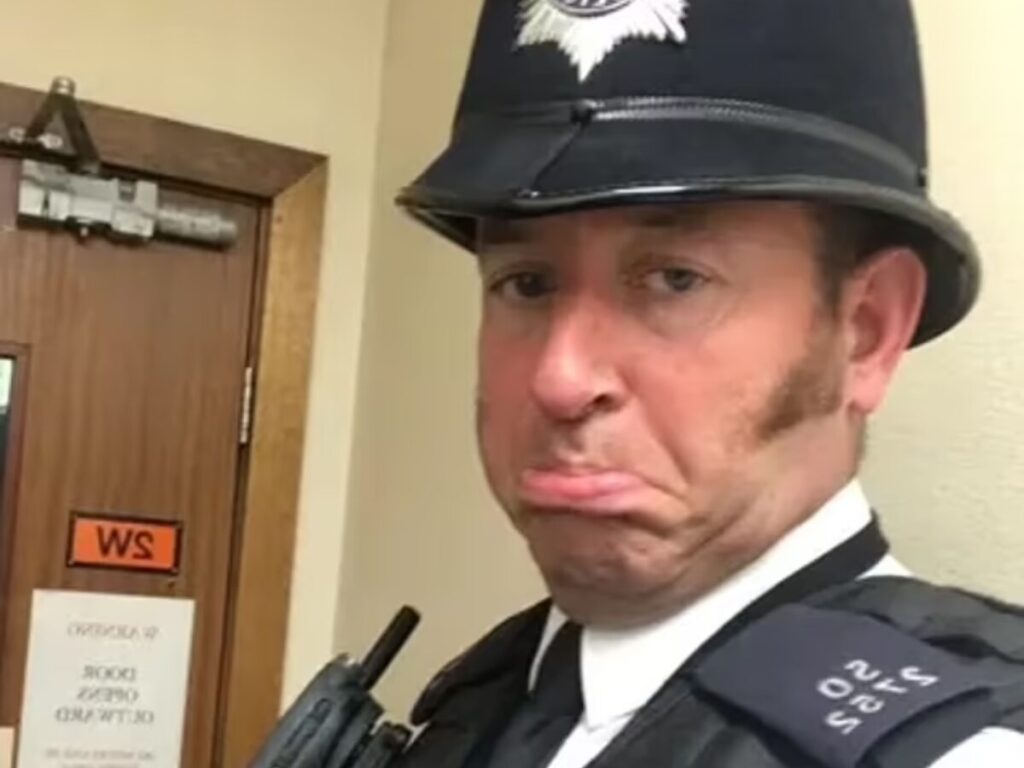David Carrick, a former officer with the Metropolitan Police, has been charged with eight sexual offences, including rape, indecent assault, and coercive control. The charges, spanning three decades, further expose the troubling failures of the UK’s largest police force to protect women from one of its own.
Carrick, 49, faces accusations related to two women. The first set of charges concerns a series of indecent assaults on a woman between 1989 and 1990, when Carrick was just 14 years old. He is charged with five counts of indecent assault against this woman. More recent accusations involve another woman who alleges that Carrick raped, sexually assaulted, and controlled her between 2014 and 2019. The Crown Prosecution Service (CPS) has confirmed that Carrick faces two counts of rape, one count of sexual assault, and one of coercive control for these incidents.
The investigation, led by Hertfordshire Constabulary’s major crime unit, has been described as extensive and complex. Despite the seriousness of the allegations, many have pointed to the wider systemic issue within policing that allowed Carrick to commit such crimes over a period of decades without intervention. His first court appearance is scheduled for 17 October at Westminster Magistrates’ Court.
Carrick’s case highlights not just the actions of a single predator but an institutional failure of the Metropolitan Police to act on multiple warnings and allegations. Over a span of more than 20 years, the Met repeatedly overlooked complaints against Carrick, allowing him to continue terrorising women while wearing a badge. His crimes are part of a systemic issue that permeates UK policing.
Public figures and advocates have expressed outrage at the Met’s continued failure to address the misogyny embedded within its ranks. Jamie Klingler, co-founder of the #ReclaimTheseStreets movement, tweeted: “The Met gave one of the worst sex offenders in modern history a free pass to rape, abuse, and terrorise women. They had multiple opportunities to stop Carrick, but they did nothing.” Klingler’s comments reflect the growing disillusionment with the police’s ability—or willingness—to prevent abuse within their own ranks.
This case comes on the heels of other recent police scandals, including the case of Wayne Couzens, the former officer who abducted, raped, and murdered Sarah Everard in 2021. The same toxic culture that allowed Couzens to remain in the force despite multiple red flags is what enabled Carrick to carry out his abuse. The pattern is clear: these are not isolated incidents but part of a wider culture that protects its own while failing the public, particularly women.
Calls for reform are growing louder, with activists demanding a statutory inquiry into misogyny and misconduct within police forces, on the scale of the Stephen Lawrence inquiry. Policing in the UK is supposedly based on the principle of “consent,” but, as many argue, that consent is earned, not given. And right now, the police are failing to earn it.
The scale of Carrick’s offences, combined with the Met’s inaction, leaves one glaring truth: the safety of women cannot be entrusted to a system that allows predators to thrive unchecked. As David Carrick prepares to face trial, the question lingers—how many more officers like him are still out there? And how long will it take for meaningful reform to prevent another case like this?
